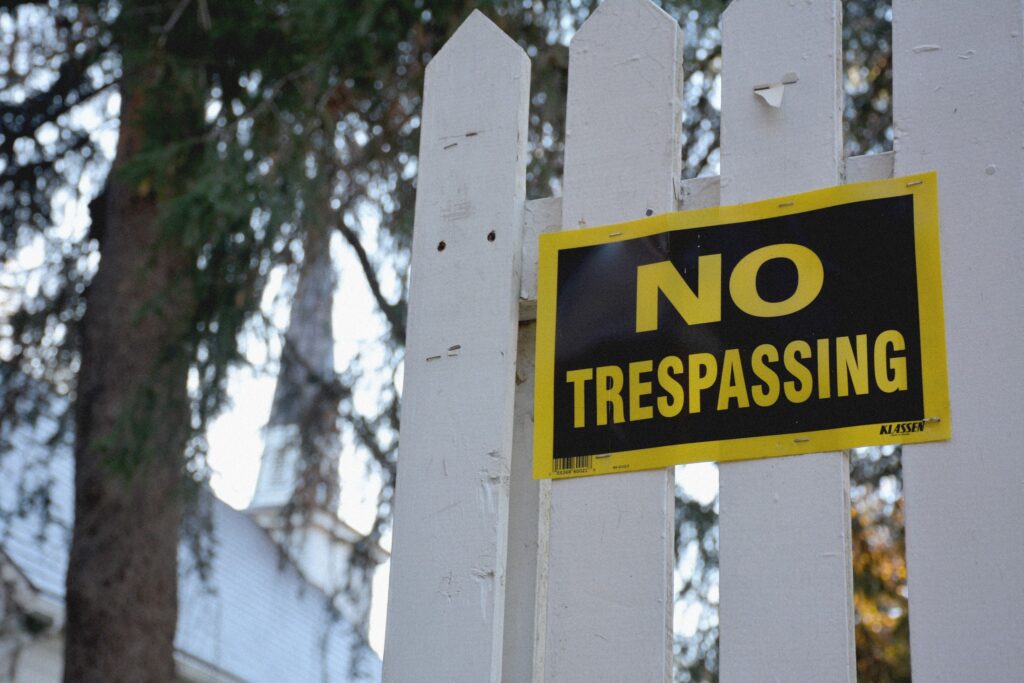
Last week Two Row Times published a letter from Benjamin Doolittle UE, explaining his approach to his objection and challenge to the Ontario courts over its assumed jurisdiction within the Grand River lands. Read our interview that highlights the goals and need for support.
TRT Staff: Benjamin Doolittle UE, your challenge is deeply anchored in the Haldimand Proclamation. How do you explain its importance?
Benjamin Doolittle: The Haldimand Proclamation isn’t just historical—it’s a living commitment between the Mohawk people and the Crown, underlining our unique sovereignty. This challenge is about ensuring that sovereignty is recognized, especially by those in public office who’ve pledged allegiance to these principles.
TRT Staff: What does this mean for the application of Canadian legislation on Mohawk lands?
Benjamin Doolittle: It means that Canadian legislation, as it stands, doesn’t recognize our unique status or rights over our ancestral lands. Our challenge seeks to correct this oversight, ensuring our laws and governance structures are respected and upheld. I am asserting that this land has never been formally made part of the Province of Ontario and that Mohawks posterity have exclusive use and enjoyment of the Grand River lands and they do not have lands or monies held in trust by either government that may invoke the Indian Act and provincial general application rules.
TRT Staff: The role of the community seems critical here.
Benjamin Doolittle: Absolutely. This is a collective reaffirmation of our rights and identity. We’re rallying not just for financial and legal support but for a unified voice to echo our rightful stance. Our site grandback.org holds more on our research and perspectives.
TRT Staff: And the broader impact?
Benjamin Doolittle: This could redefine Indigenous rights recognition across Canada, ensuring treaties like ours guide legislation and governance, respecting Indigenous sovereignty as a standard.
TRT Staff: Facing such a historic challenge, what hurdles do you foresee?
Benjamin Doolittle: The complexity of aligning modern legal frameworks with our treaty rights is a significant challenge, compounded by the need for robust historical evidence. Yet, with our community’s support, we’re ready to navigate these waters.
TRT Staff: How does this align with the Indigenous sovereignty movement?
Benjamin Doolittle: It’s a cornerstone—our success could inspire a nationwide movement towards greater sovereignty and self-determination, setting a precedent for how Indigenous treaties are respected.
TRT Staff: Support from allies and experts?
Benjamin Doolittle: Critical at every step. We would like to engage with legal expertise in Indigenous and treaty law, and allies who grasp the importance of our fight, to navigate these complex legalities.
TRT Staff: How can our readers help?
Benjamin Doolittle: Educate, advocate, and support. Awareness and understanding fuel our cause, alongside the tangible support of fundraising efforts to carry this challenge forward.
TRT Staff: Your parting message?
Benjamin Doolittle: By taking on this legal challenge, we’re asking everyone, especially those who have pledged allegiance through citizenship or public office, to recognize and uphold the Haldimand Proclamation. This act of allegiance should be seen as a commitment to the principles it embodies, ensuring our autonomy and sovereignty are not just acknowledged but actively respected. Through this process, we aim to solidify the understanding that the Mohawk’s distinct status is not a matter of historical footnote but a living, breathing aspect of our nation’s fabric. It’s about ensuring our future is defined by the respect and dignity our treaties guarantee. This is more than a legal battle; it’s a fundamental statement about who we are as a people and the respect we demand and deserve. To review our challenge and all documents related to this challenge visit sixmilesdeep.com








